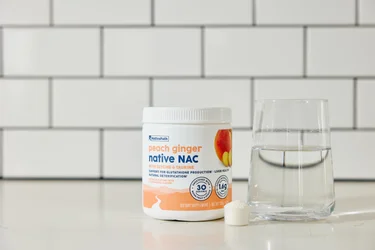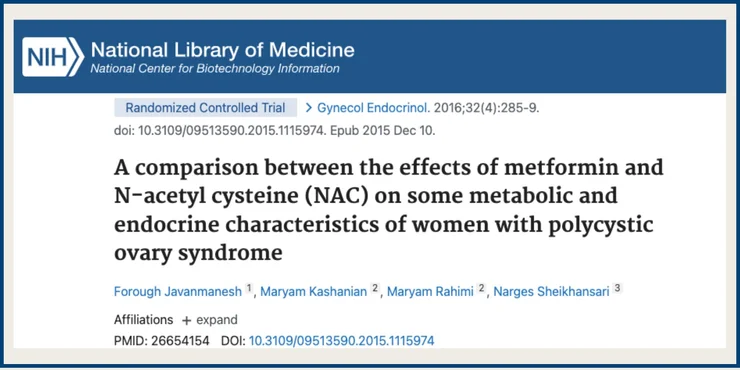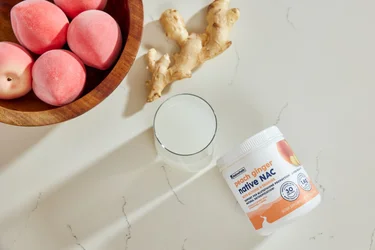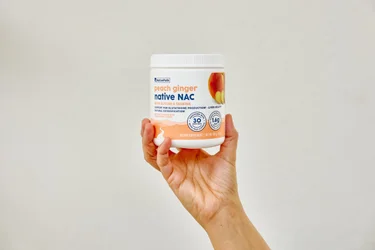Cravings can really throw a wrench in your weight loss journey. They sneak up
on you often late at night, urging you to dive into those tempting,
high-calorie, low-nutrient goodies like chocolate, cake, ice cream, and pizza.
If you're battling an
addiction to sugar
and junk food, NAC might be able to help.
So how does it work?
Here’s the short version: in the nervous system, there’s a chemical messenger
called glutamate, which carries signals from point A to point
B (11). Glutamate plays a role in everything from sleep-wake cycles to an energy
source for your brain, but it's especially key for learning and memory.
However, with addiction, glutamate faces a hurdle—it struggles to move in and
out of brain cells as it should, causing a bit of chaos in brain function.
Enter NAC.
NAC steps in to restore one of the transporters responsible for shuttling
glutamate around, thereby balancing out those brain glutamate levels. The cool
part is that NAC may help to rewire the brain pathways that develop cravings
(12,
13).
Some studies also suggest that NAC may help reduce the response to cues (14). Cues are things that basically remind you to crave something. For example,
if you see a McDonald's commercial and start craving a Big Mac,
the commercial is the cue. NAC may help break that link so
that commercials no longer trigger such an intense craving.
To put it simply, NAC can help dial down cravings and teach your brain not to
go all out on cravings. The result? You get better at controlling those
impulses and saying no to tempting treats. This is super handy for anyone
looking to lose weight by kicking the sugar or junk food habit.







